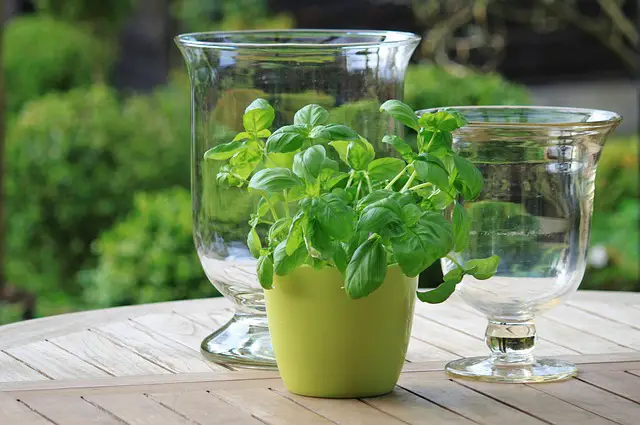Plant Care 101: How to Maintain Healthy Container Plants
Container gardening is a popular way to bring greenery and nature into small spaces or urban environments. Whether you have a small balcony, patio, or limited garden space, container plants offer flexibility and beauty. However, keeping container plants healthy requires proper care and attention. In this article, we will provide you with some essential tips on how to maintain healthy container plants.
1. Choose the Right Container and Soil:
Selecting the appropriate container is fundamental for your plant’s health. Ensure that your pots have drainage holes to prevent waterlogging, as excess moisture can lead to root rot. Additionally, choose containers that are large enough to provide sufficient space for root growth.
The soil you use is equally important. Opt for high-quality potting mix containing organic matter to ensure proper drainage and nutrient availability for your plant.
2. Watering:
Watering is crucial for the health of your container plants since they rely on you for their water supply. The frequency of watering depends on various factors such as plant type, pot size, weather conditions, and soil composition.
To determine when it’s time to water your plants, check the moisture levels by sticking your finger into the soil about an inch deep. If it feels dry at that depth, it’s time to water. Be cautious not to overwater or underwater; striking the right balance is key.
3. Provide Adequate Sunlight:
Most plants require sunlight to thrive and grow properly. When choosing a location for your container plants, ensure they receive the necessary amount of sunlight based on their specific needs.
Some plants prefer direct sunlight for several hours a day, while others thrive in partial shade or indirect sunlight. Understanding these requirements will help you choose the best spot for each plant in your container garden.
4. Fertilization:
Container plants often need additional nutrients since their roots have limited access compared to those growing in open ground. Regularly fertilizing your plants will ensure they receive the necessary nutrients for healthy growth.
Use a balanced, slow-release fertilizer or organic alternatives to provide a steady supply of nutrients. Always follow the recommended dosage and avoid over-fertilizing, as it can be harmful to your plants.
5. Pruning and Maintenance:
Regular pruning is vital to maintain the health and shape of your container plants. Remove dead leaves, spent flowers, and any damaged or diseased parts promptly to prevent pests and diseases from spreading.
Additionally, consider repotting your plants when they start outgrowing their containers. This allows them to have more space for root development and prevents them from becoming root-bound.
6. Protect from Pests and Diseases:
Just like any other plant, container plants are susceptible to pests and diseases. Keep an eye out for common problems such as aphids, spider mites, or fungal infections. Regularly inspect your plants and take immediate action if you notice any signs of infestation or disease.
Using organic pest control methods or environmentally friendly sprays can help protect your plants without harming beneficial insects or the environment.
In conclusion, maintaining healthy container plants requires attention to detail and regular care. By selecting the right containers, providing adequate sunlight, proper watering, fertilization, pruning, and protection against pests and diseases – you’ll create an environment that allows your container plants to flourish in any space. Enjoy the beauty of nature at your doorstep with lush and vibrant container gardens!













